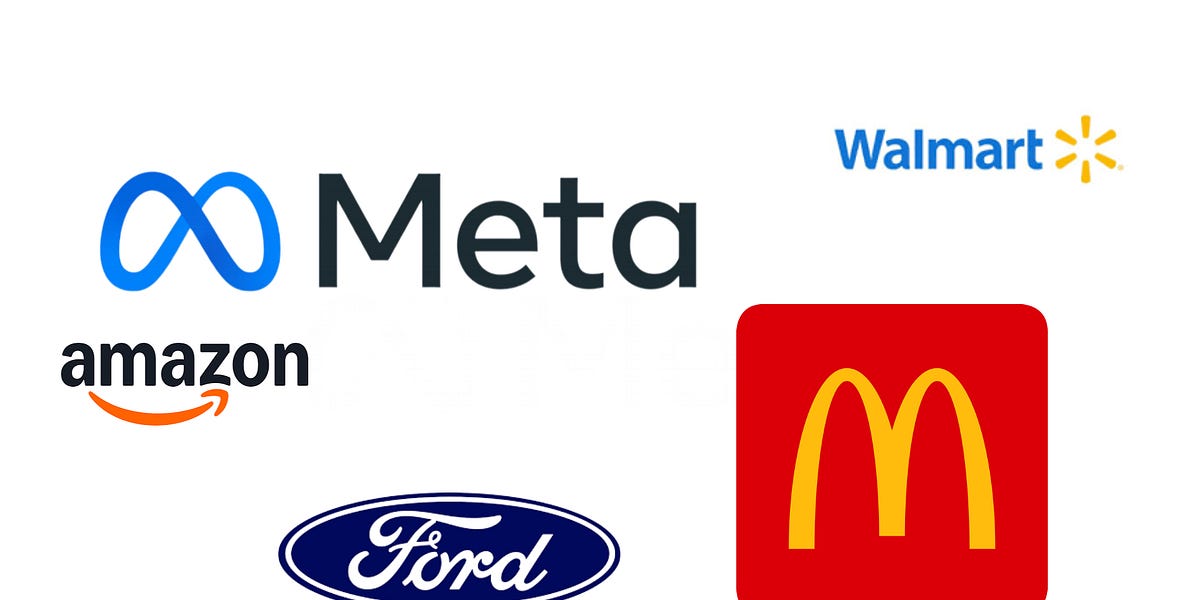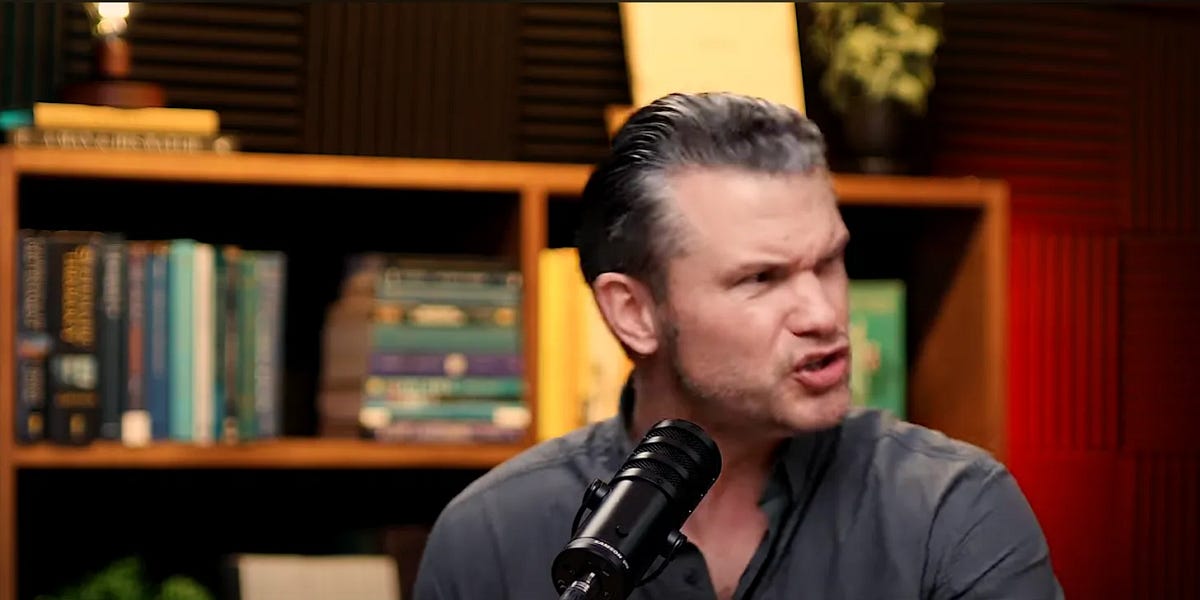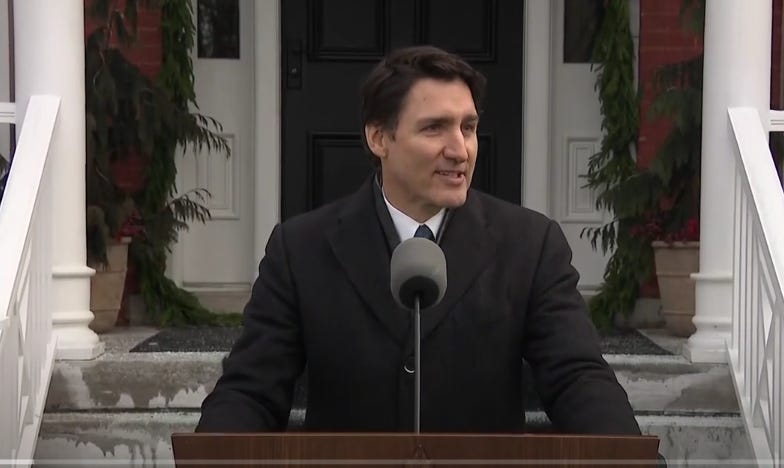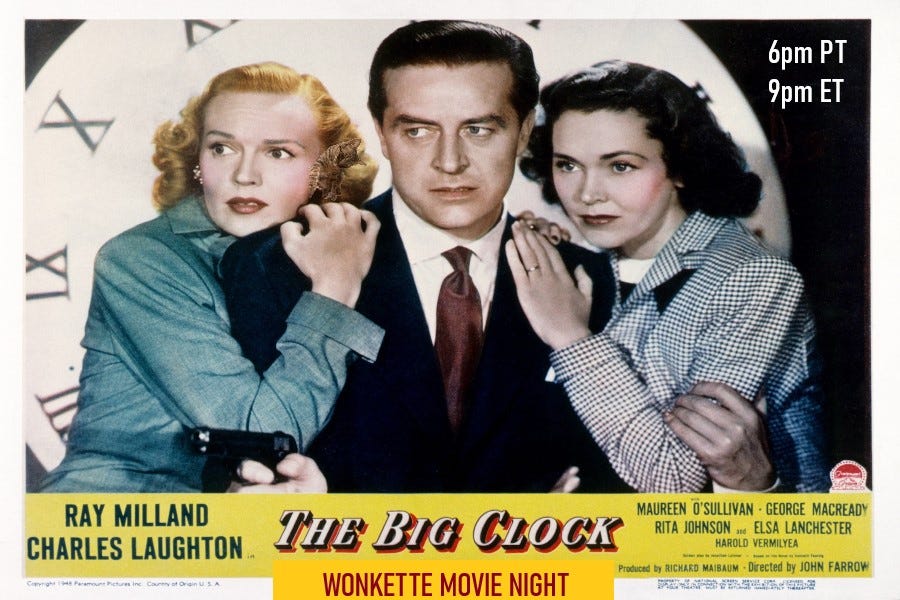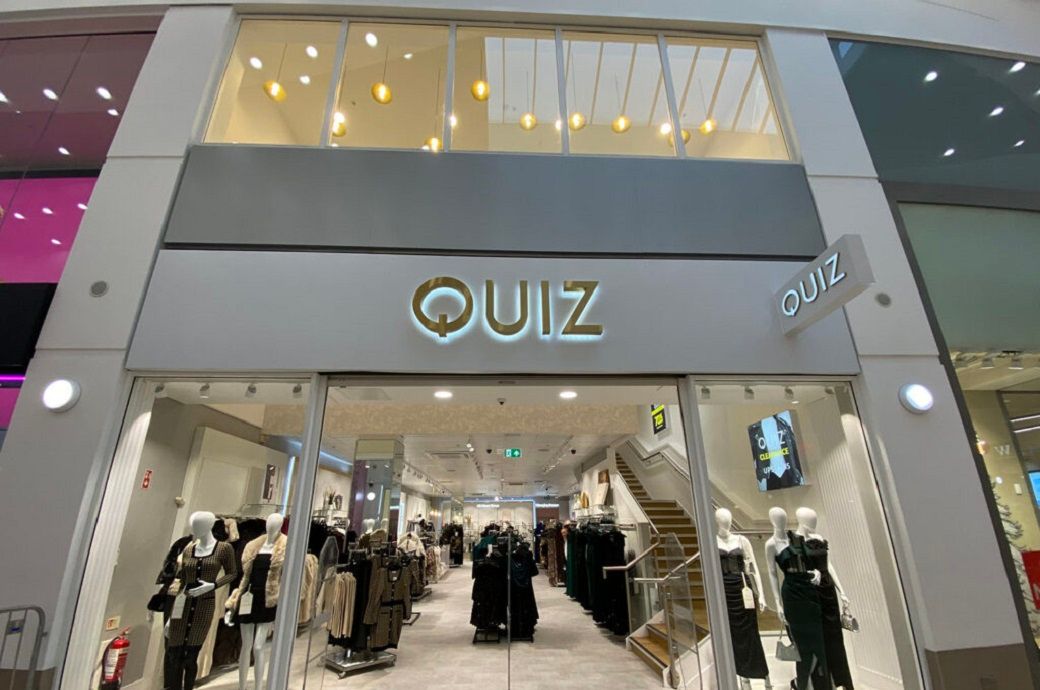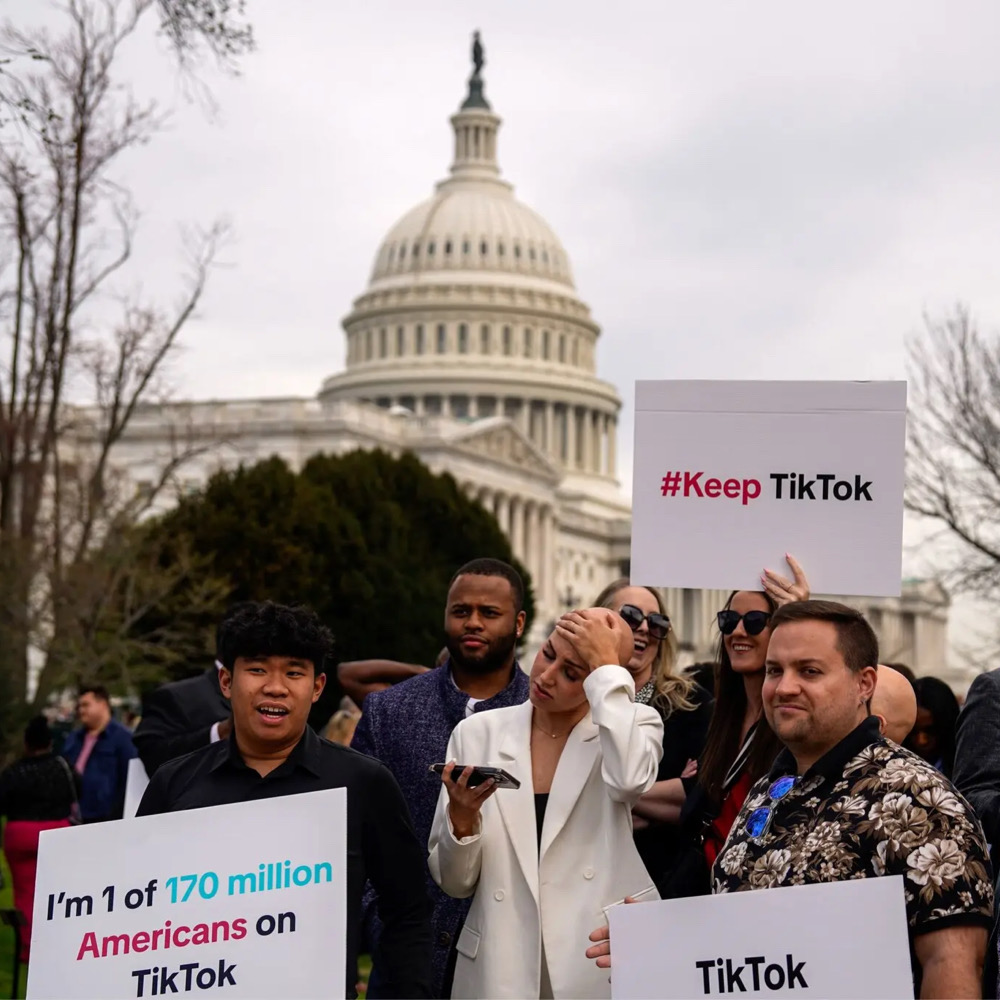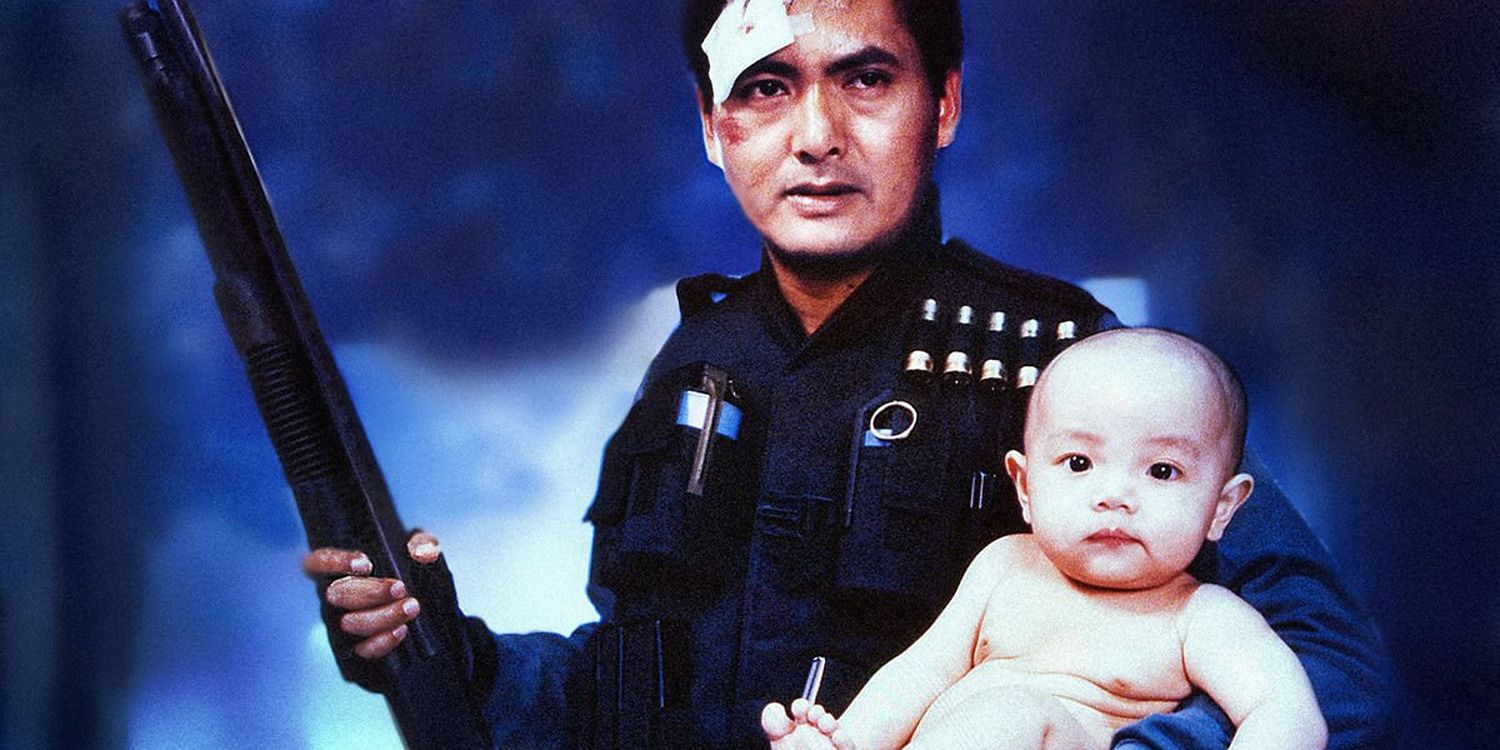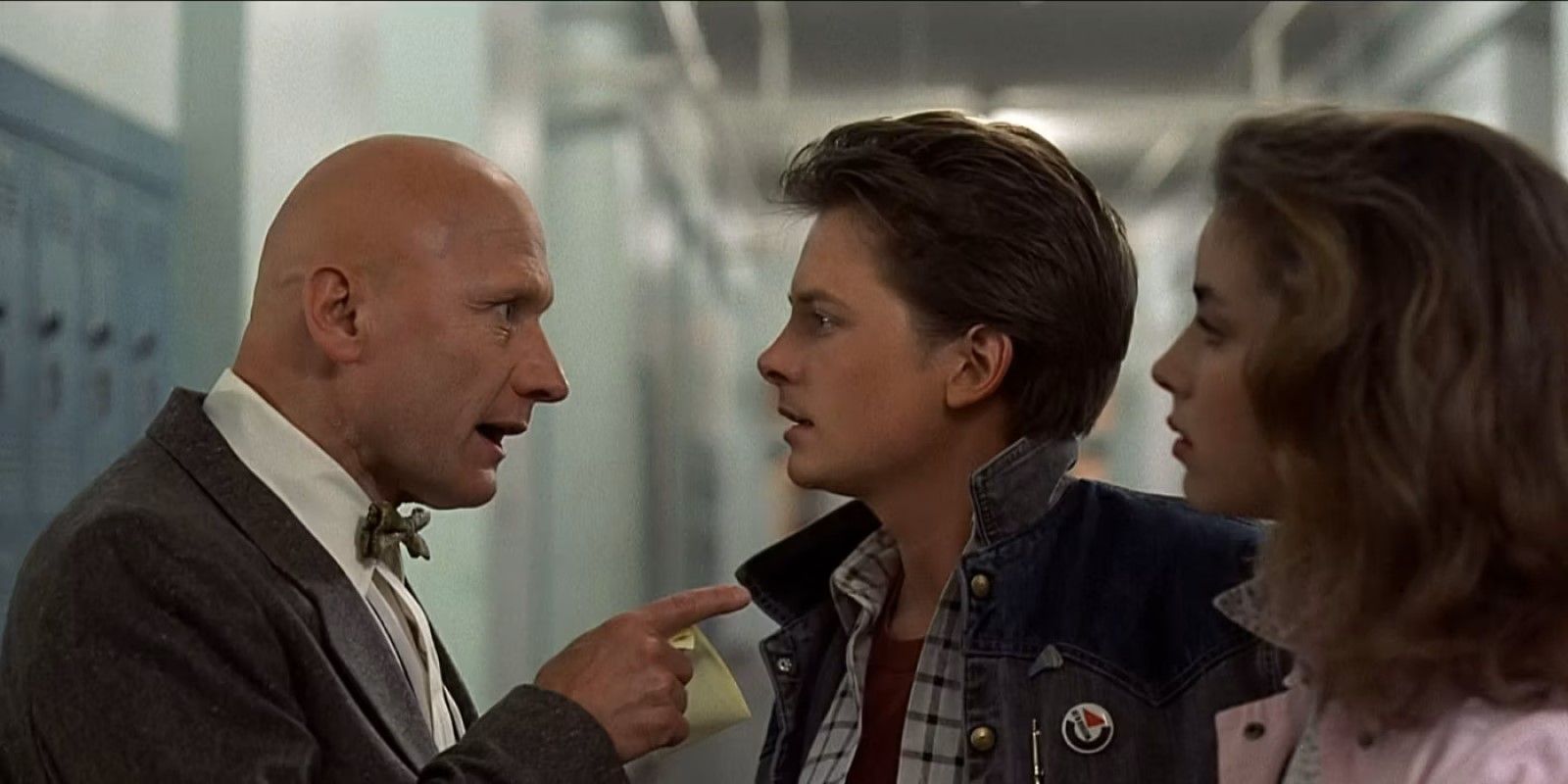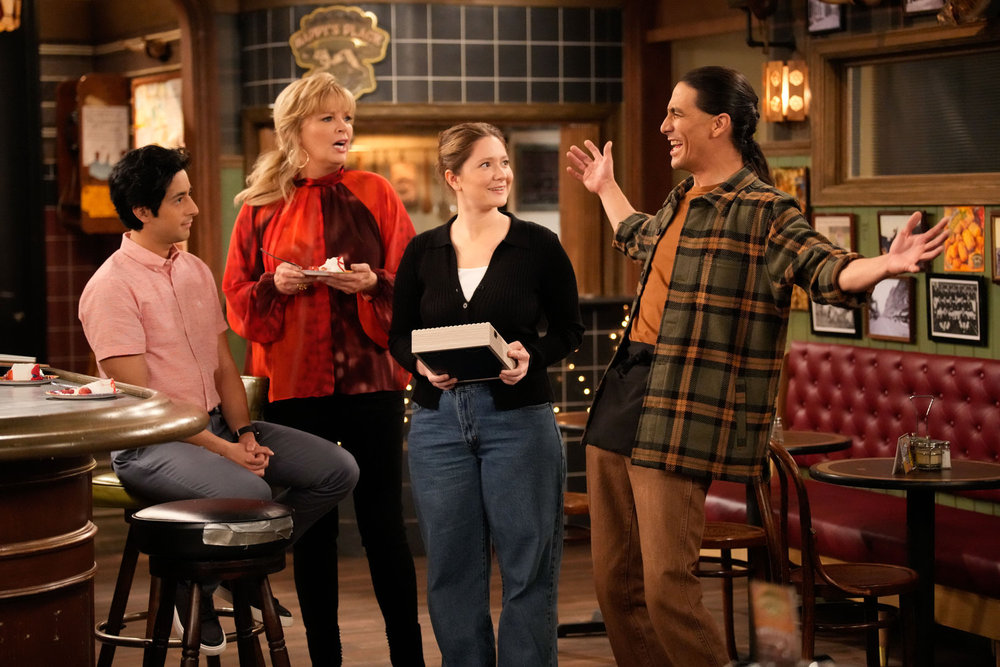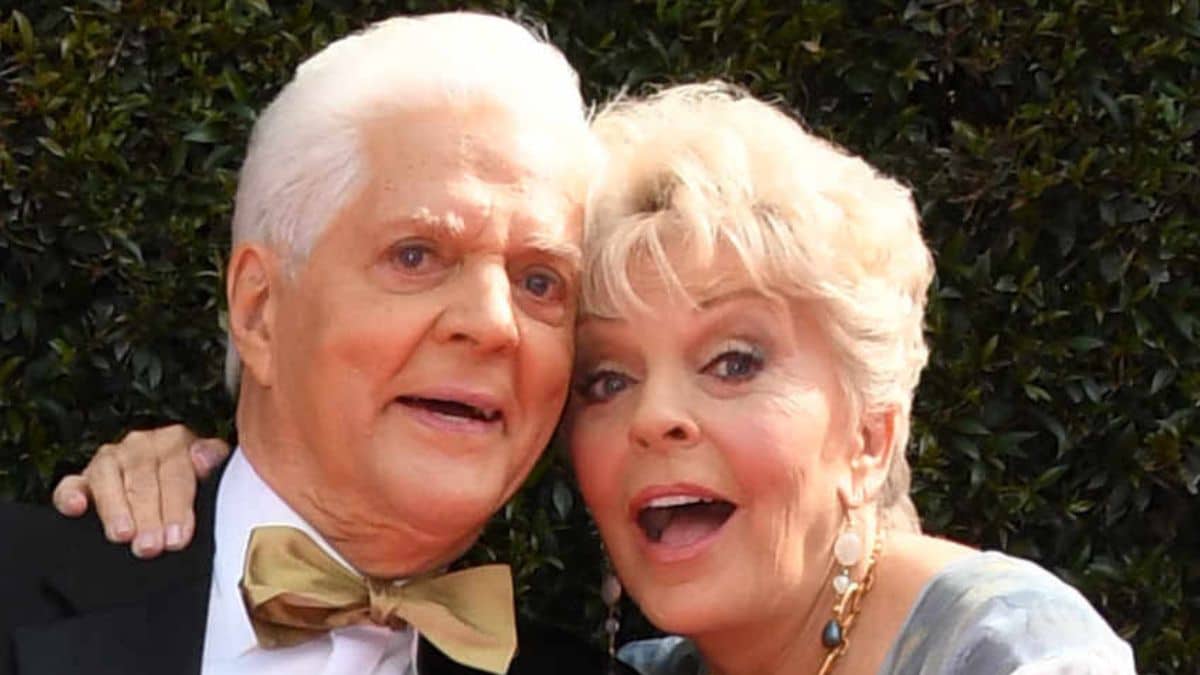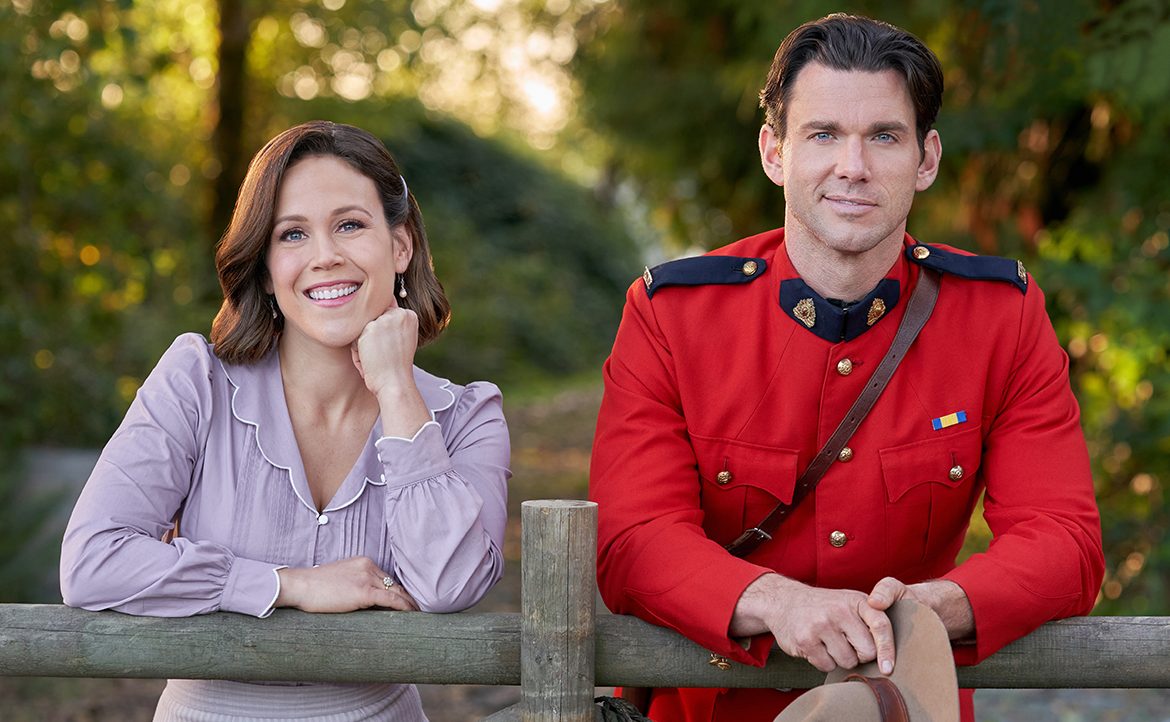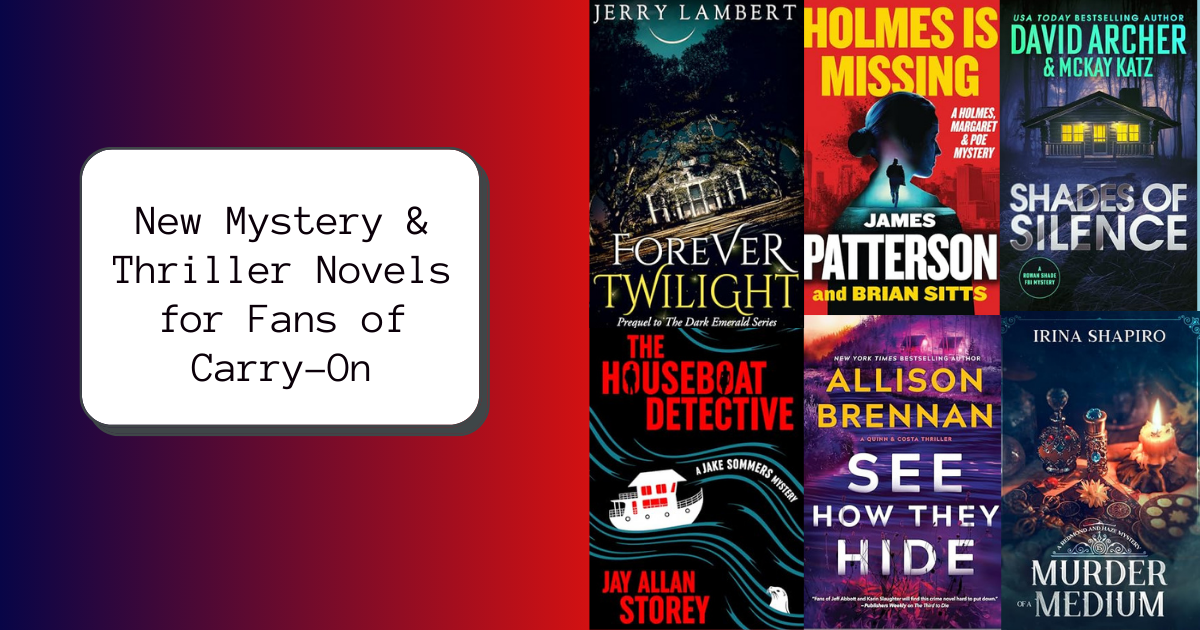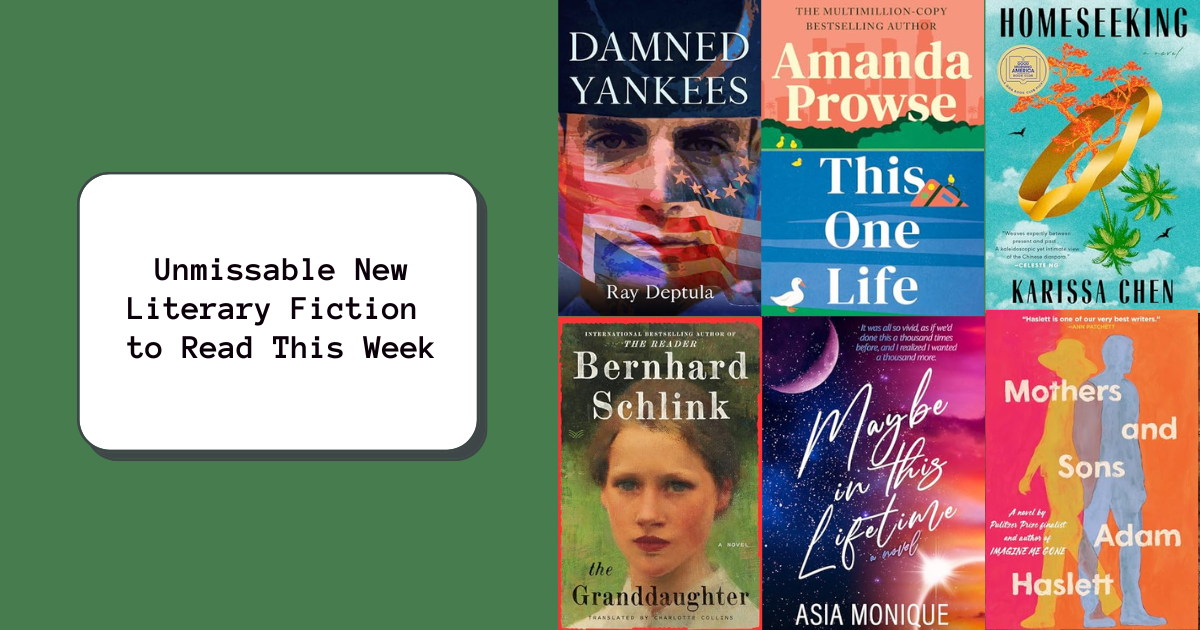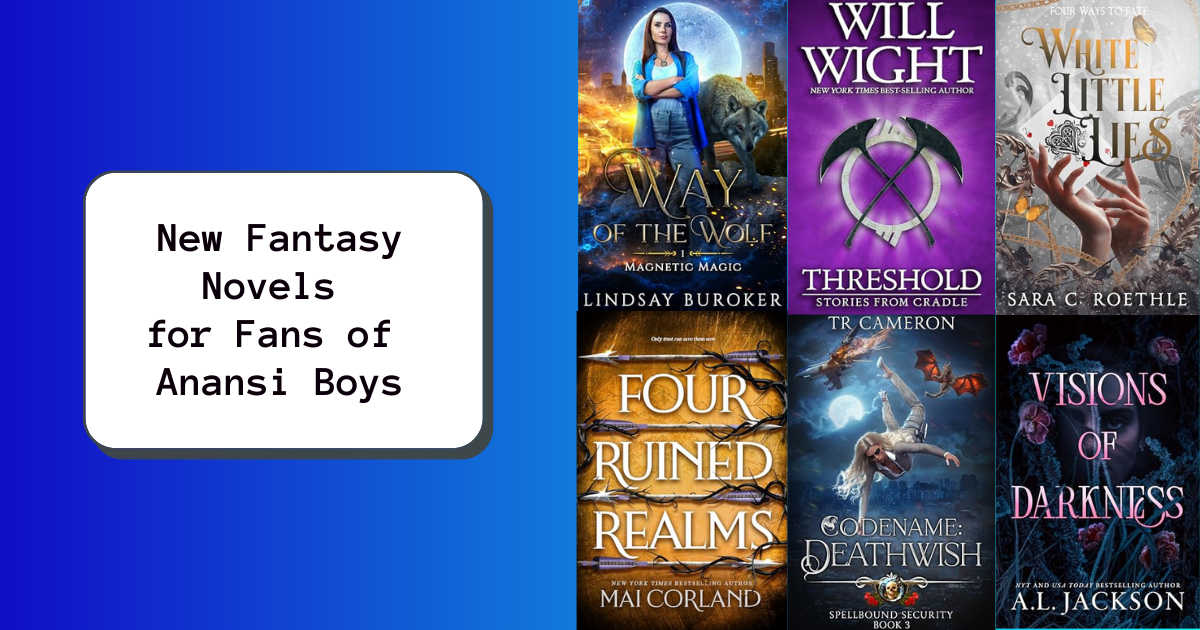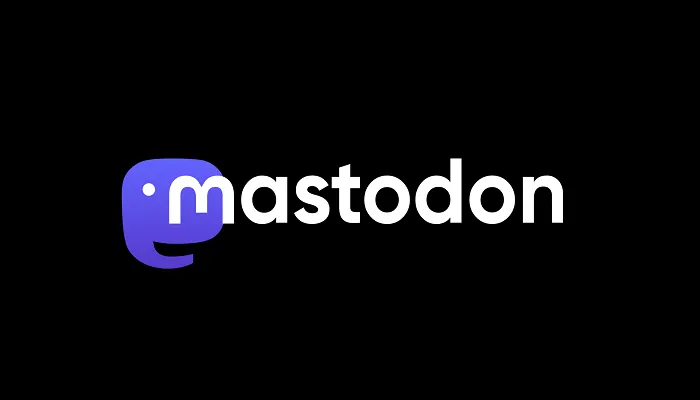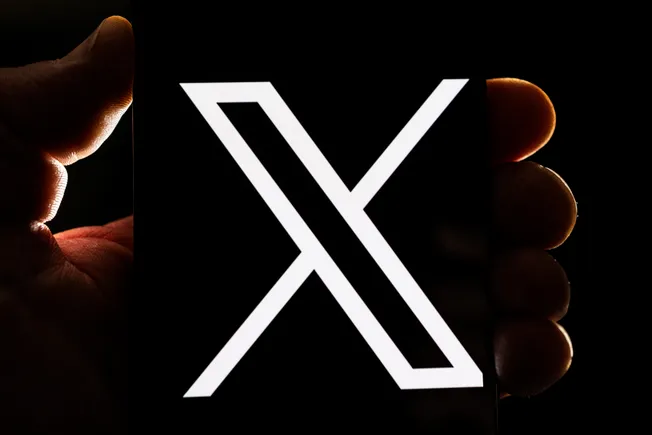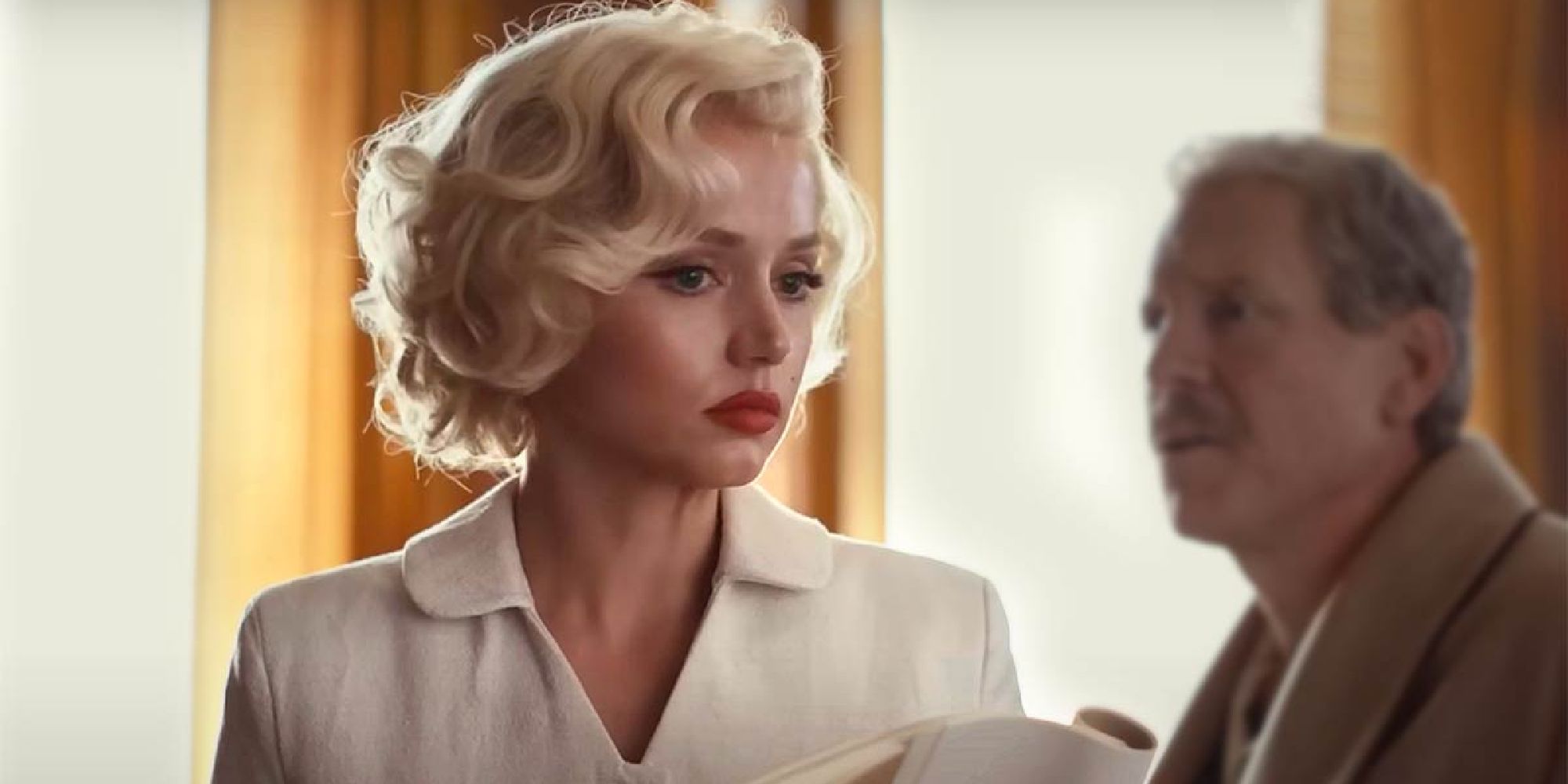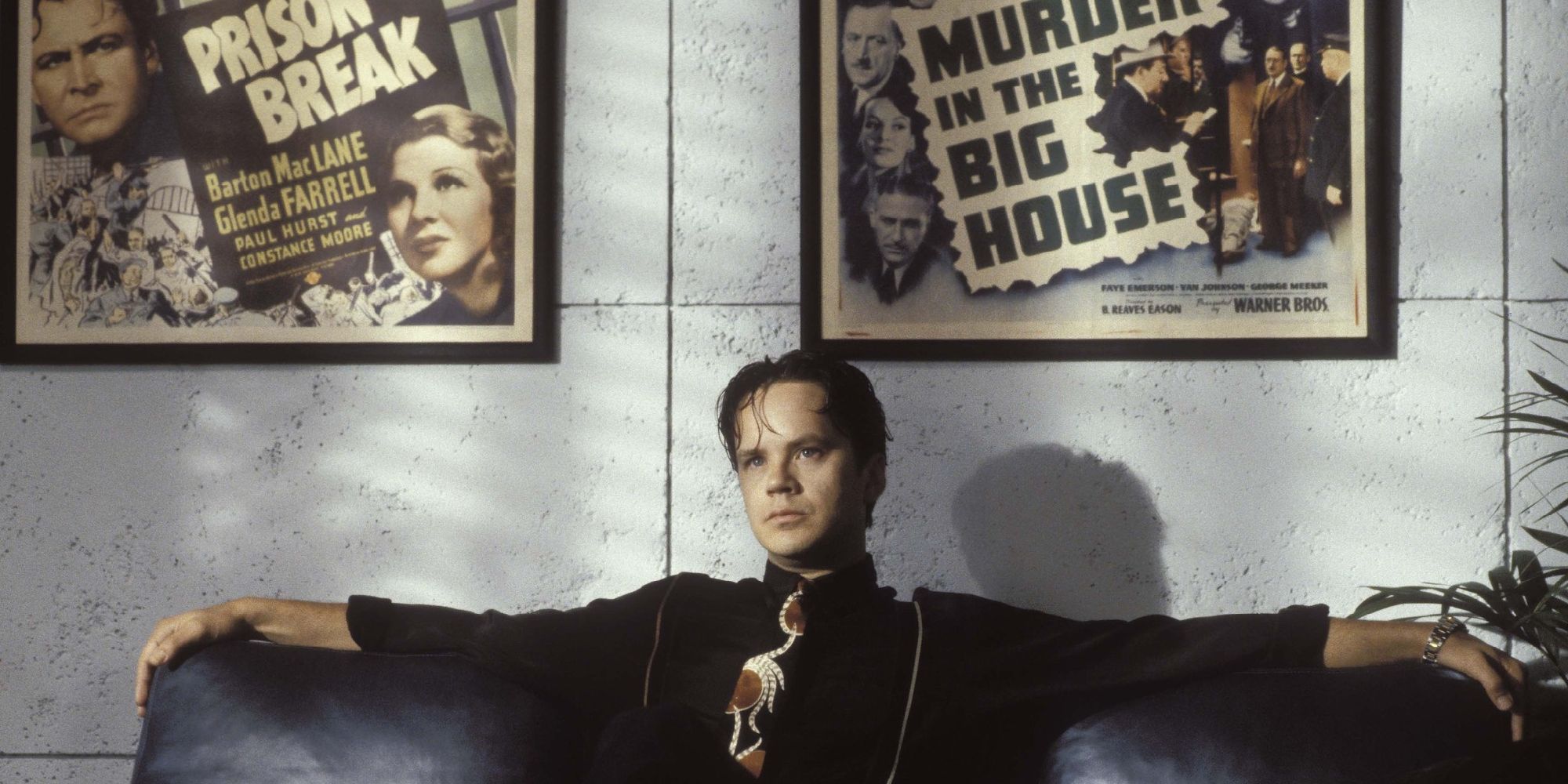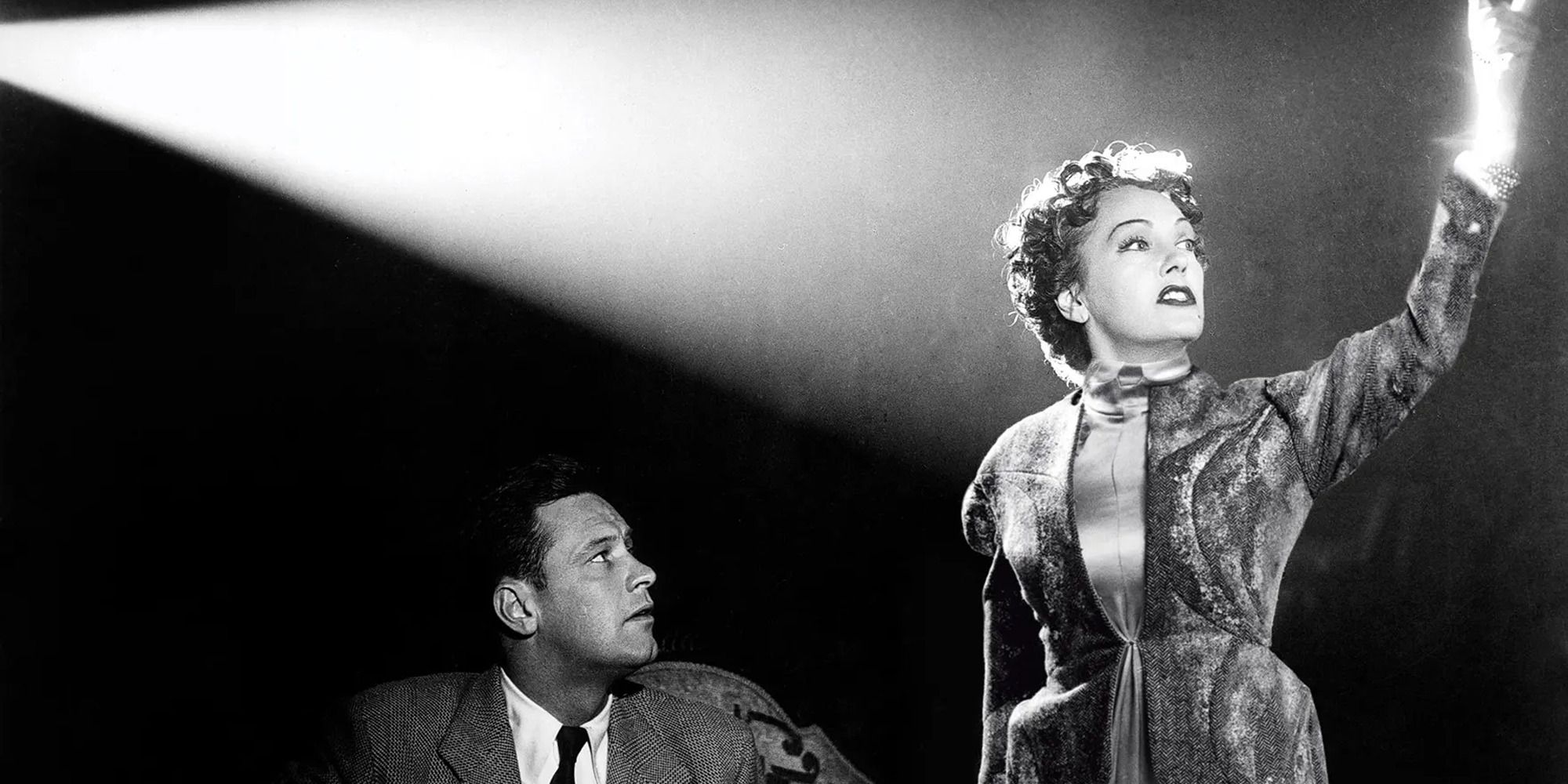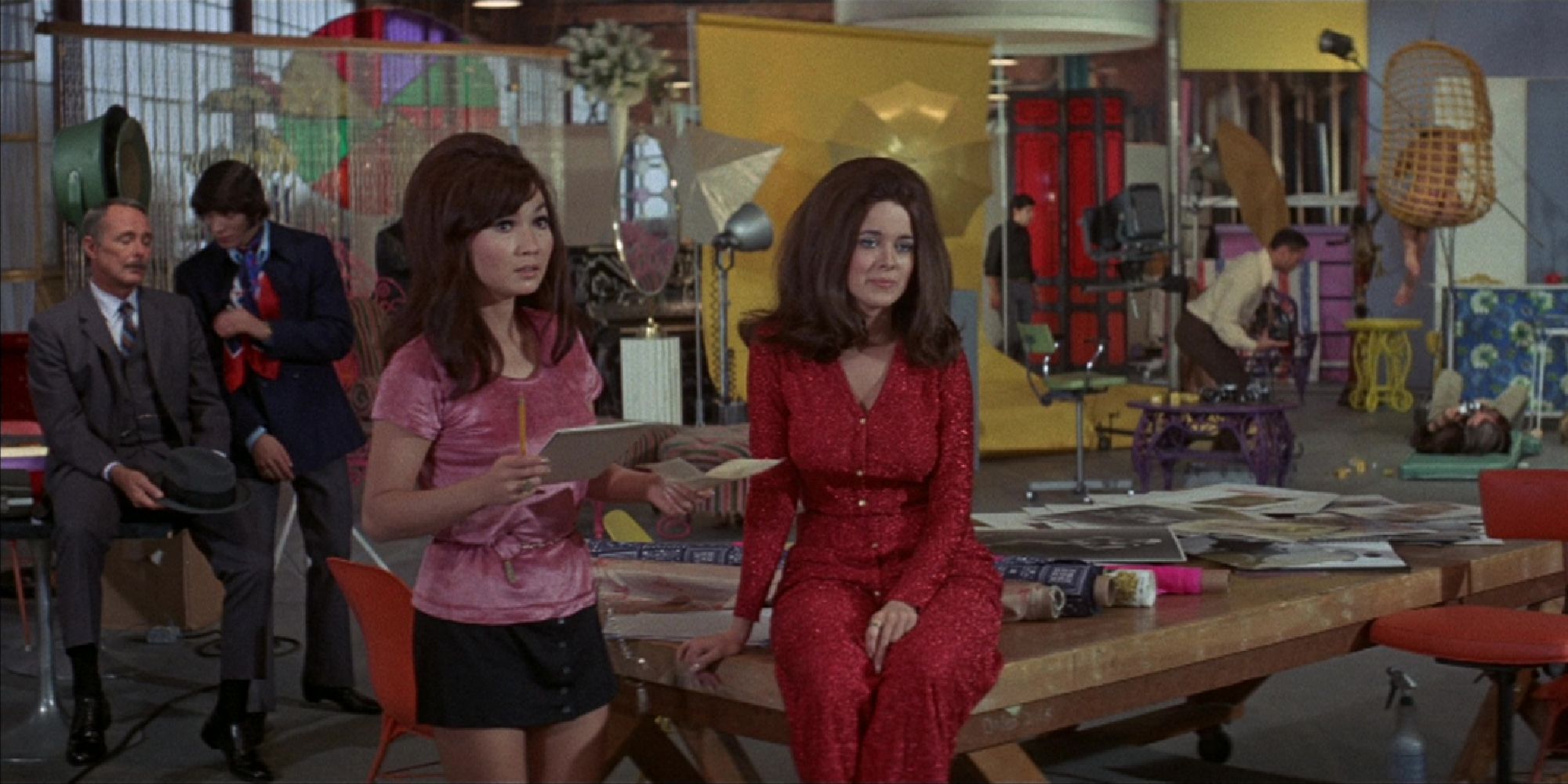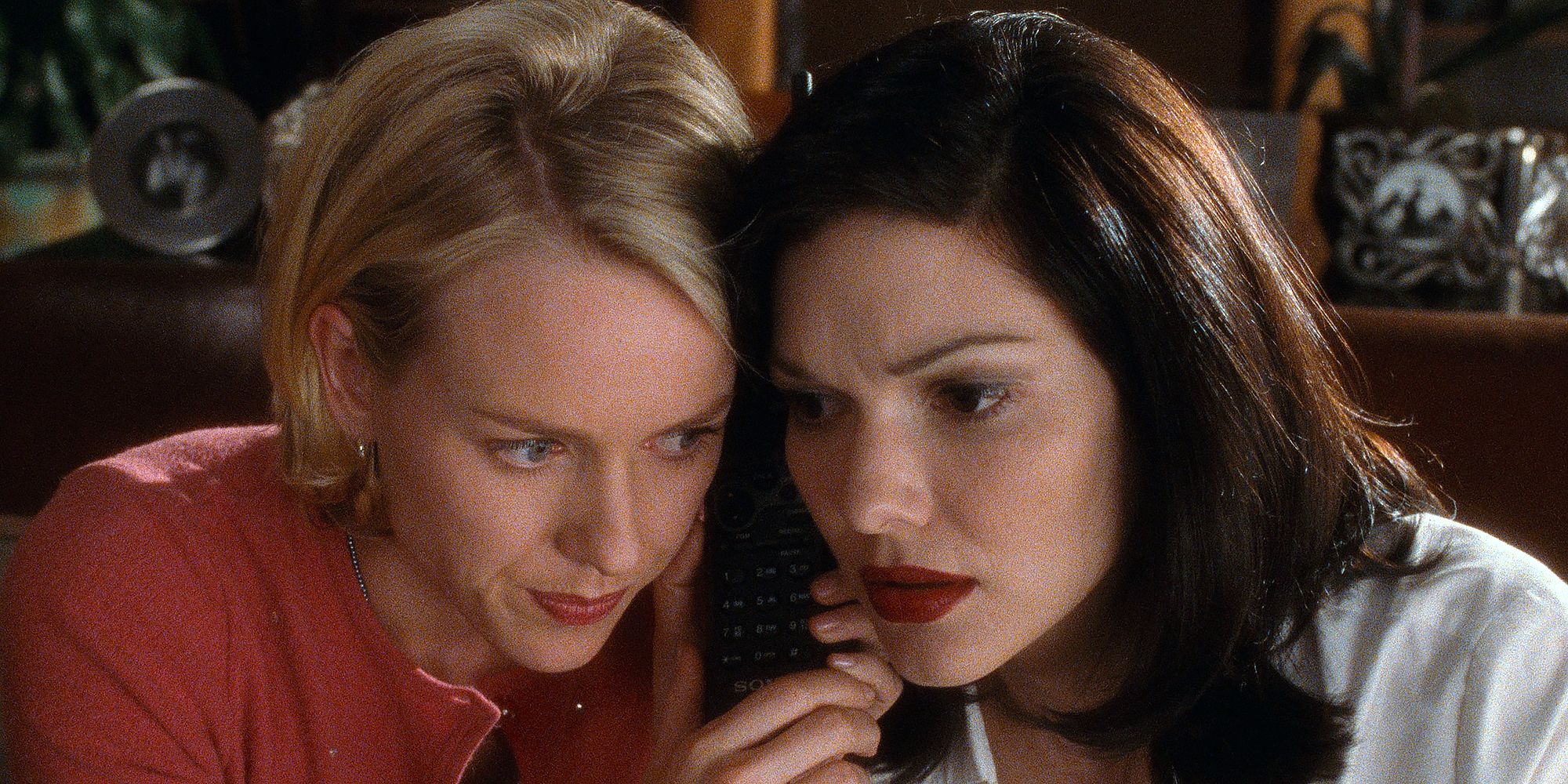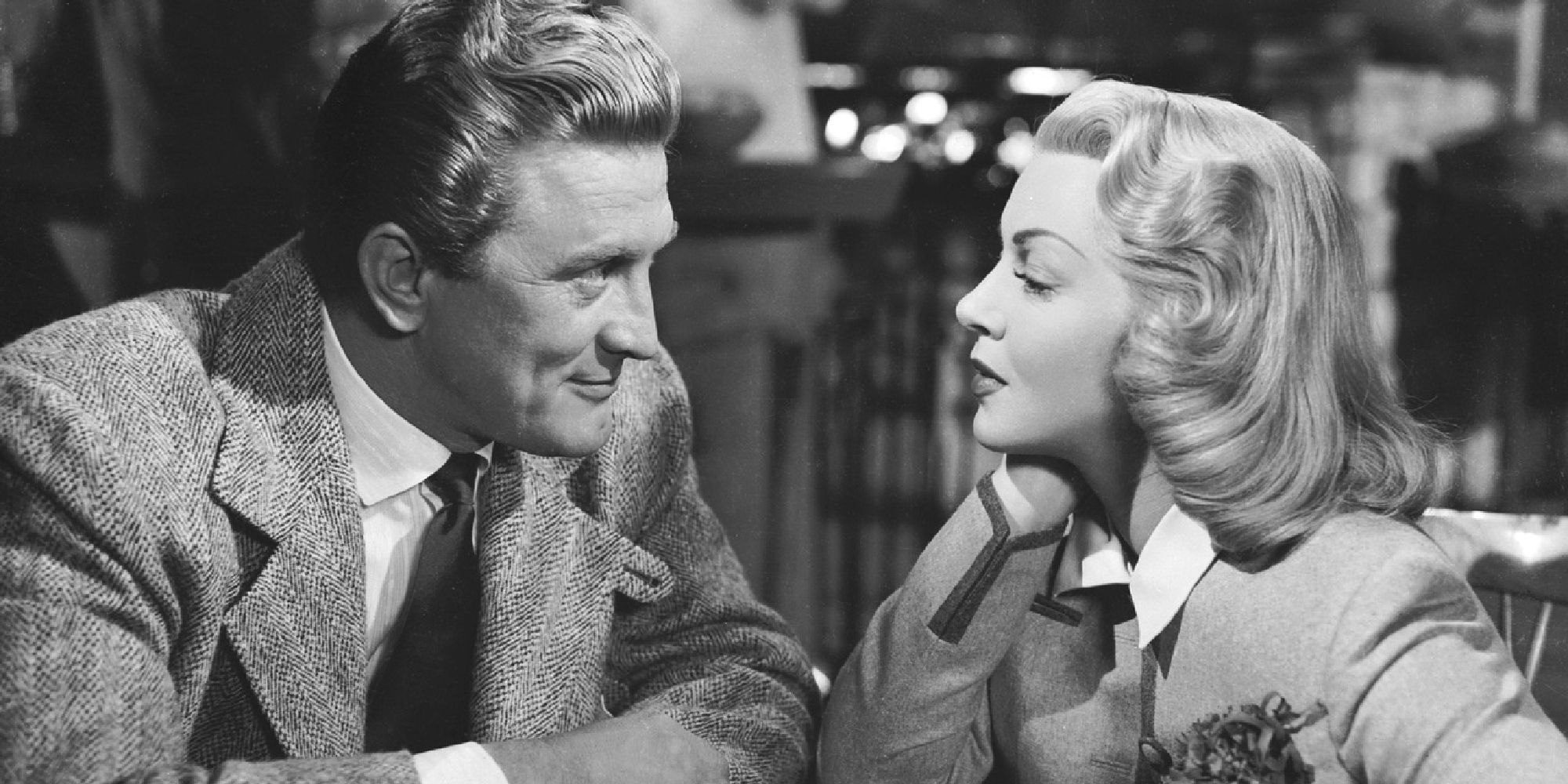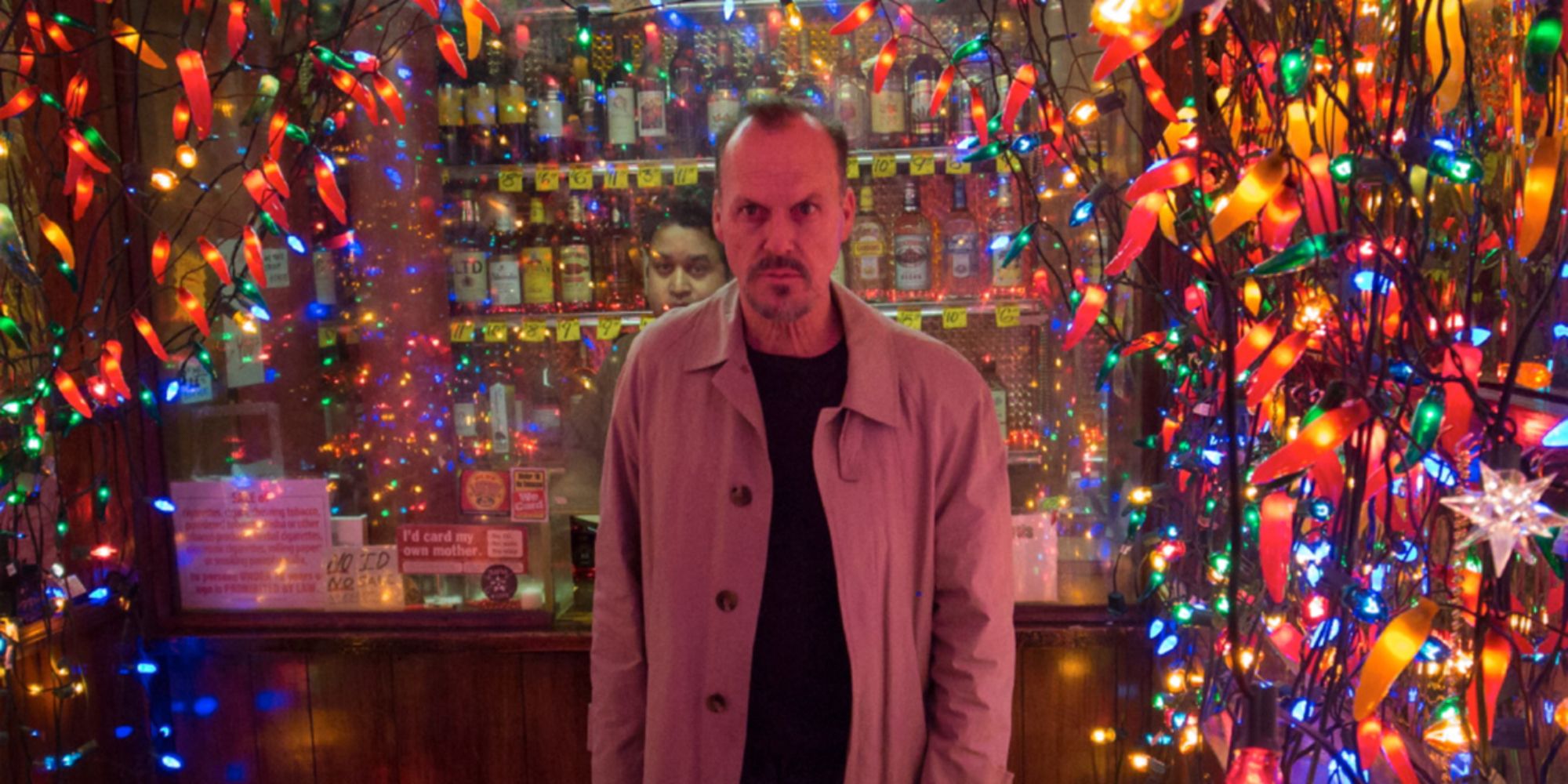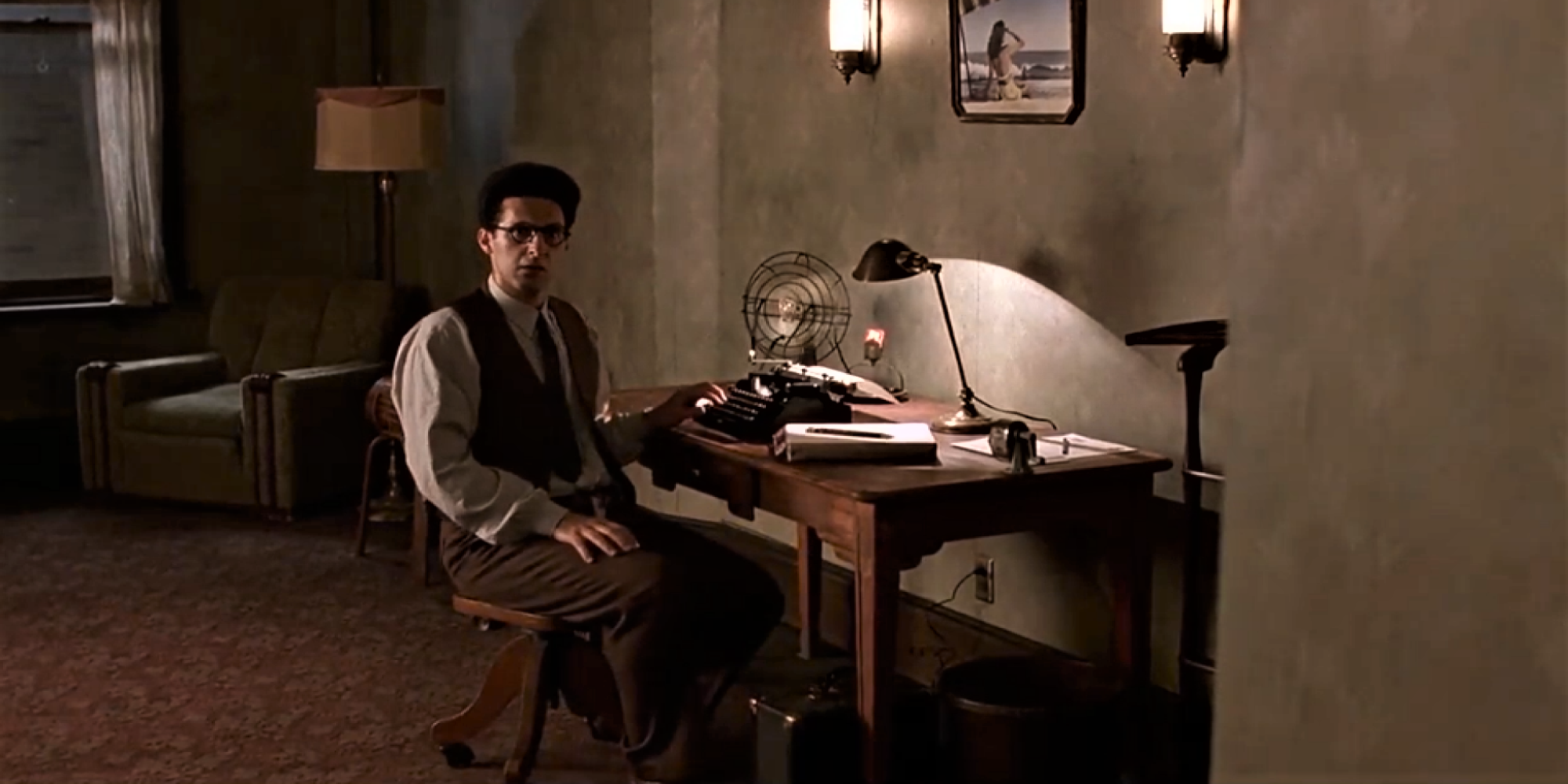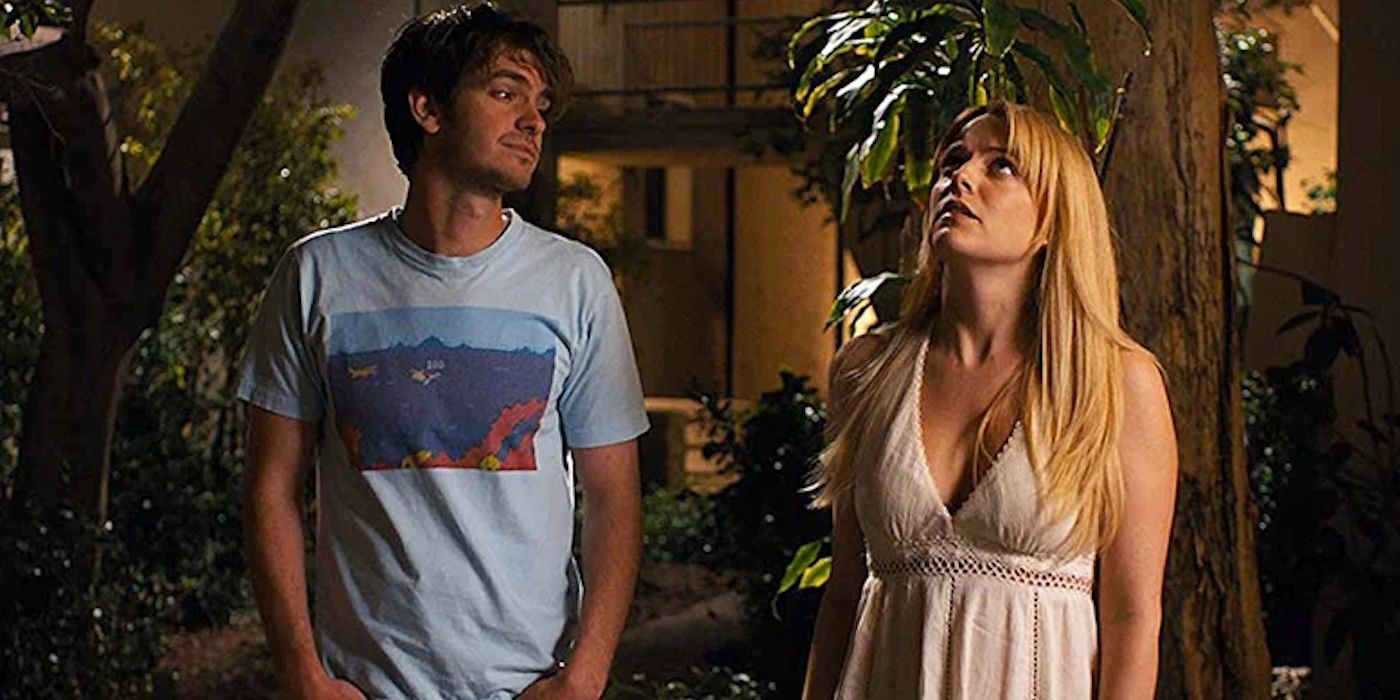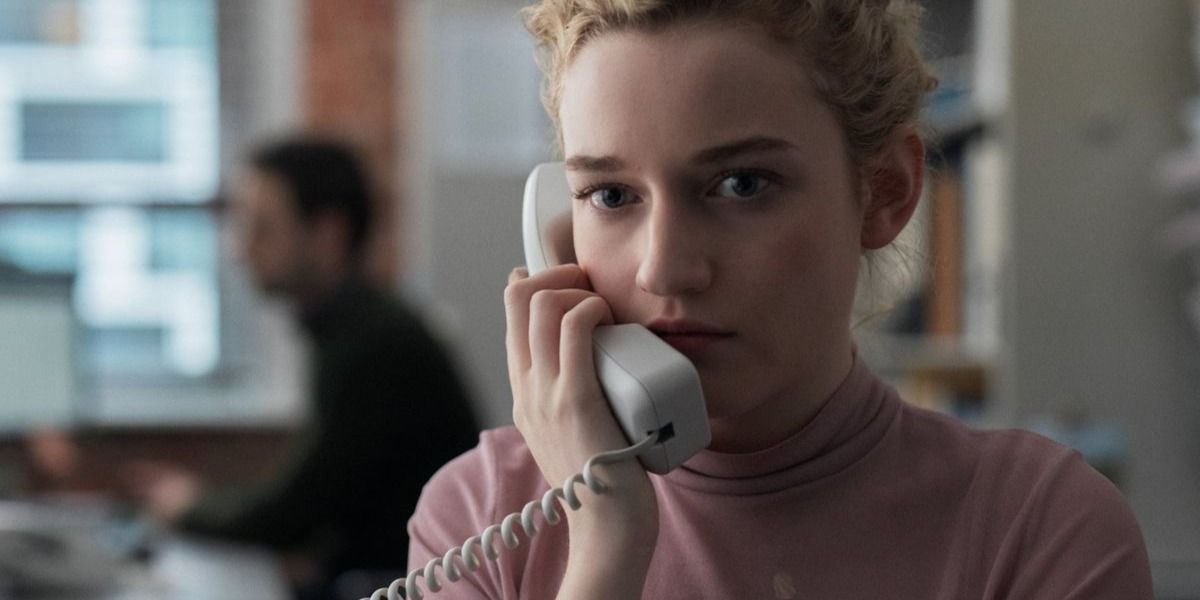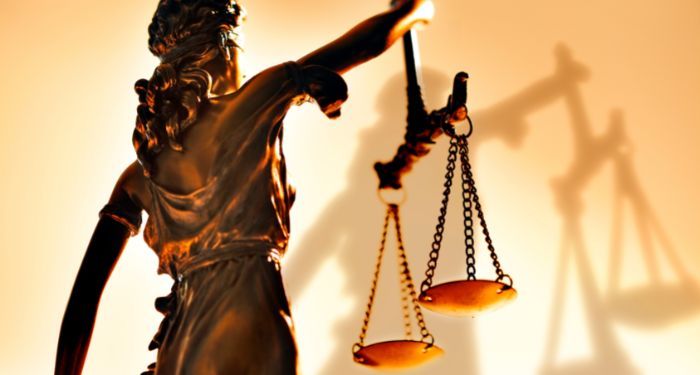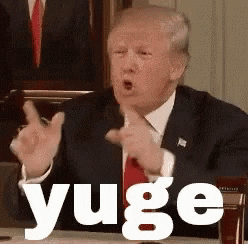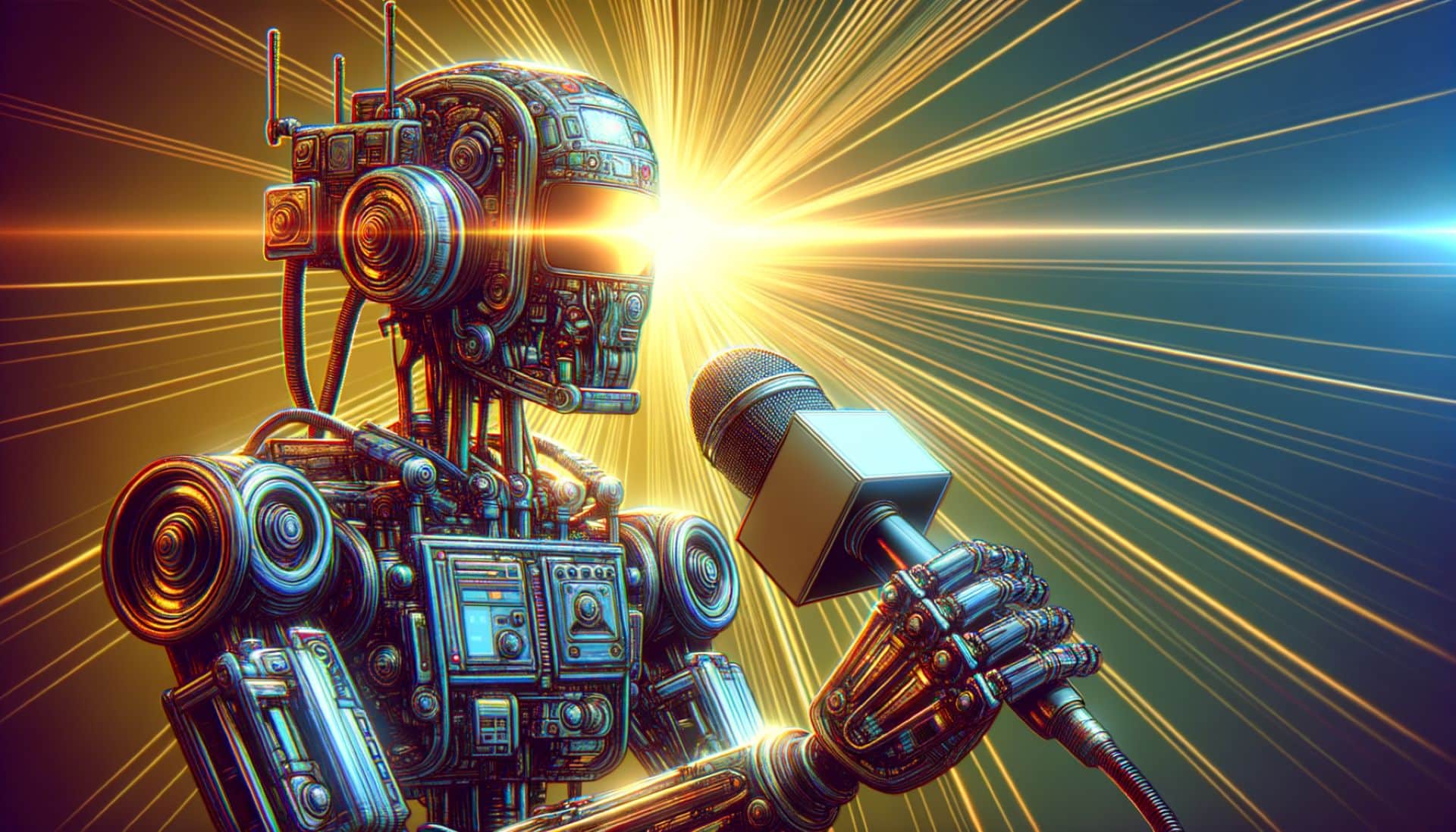It’s no secret that Hollywood has a darker side. It’s a gigantic film industry that has entertained countless people all around the world for over a century now, but for all its glamour and beauty, there lies beneath it a darker underbelly. It’s no longer hidden from the public, as there have been too many stories about the harm it’s done to people for any filmgoers to remain blissfully unaware.
Furthermore, there are movies that explicitly condemn and point out the darker side of Hollywood, with some being released decades ago. There are even Hollywood movies that detail the harsher side of Hollywood, making it all the more clear that it’s far from a perfect industry. The following are 10 movies that strongly critique Hollywood by showing its darker side, making them important – and often disturbing – movies that reveal a side of the business Hollywood probably doesn’t want you to see.
‘Blonde’ (2022)
When the dust settles on 2022, Blonde is almost certainly going to be considered the year’s most divisive movie. Instead of giving viewers a more traditional biopic on the highs and lows of the life led by the iconic Marilyn Monroe, Blonde focuses almost exclusively on the lows. In the process, it’s a film that lays bare the psychological torment and horror of being an talented, attractive, and young woman stuck in a system led by often predatory men who are unafraid to use and abuse.
The disturbing look at the behind-the-scenes trauma present in Hollywood – which was likely even worse in the 1950s and 1960s than it has been in the 21st century – might be what’s led to Blonde being poorly received by many viewers. There’s an argument to be made regarding how ethical it was to use a real-life figure to tell a story about industry-wide corruption and misogyny, but ultimately, Blonde does capture and present those troubling things in unflinching, horrifying detail.
‘The Player’ (1992)
One of Robert Altman’s most celebrated films, The Player starts Tim Robbins as a studio executive in Hollywood whose job it is to approve or reject screenplays. His life spirals out of control after he accidentally kills a man, and he finds himself simultaneously worrying about his professional career, and whether the law will catch up with him.
It’s ultimately a comedy, but a very dark one, meaning it’s a little lighter and more satirical than other movies that shed light on the darkness inherent in Hollywood. Altman uses the film to comment on his own personal struggles and hardships within the cutthroat Hollywood film industry, and does so very effectively.
‘Sunset Boulevard’ (1950)
Sunset Boulevard is without a doubt one of the greatest film noirs of all time, and also might stand as Billy Wilder’s best film. Considering how strong his filmography is, that’s really saying something.
The film centers on a young screenwriter being wrapped up in the life of a silent film star, who’s found herself unable to get work ever since films started using dialogue (starting in 1927). It’s a dark and quite grim film about the way Hollywood chews up and spits out certain people when it doesn’t need them anymore, and is extra powerful for featuring Gloria Swanson in the lead role, an actress who herself was popular during the silent era, but found herself increasingly out of work when said era ended.
‘Beyond the Valley of the Dolls’ (1970)
Even if it’s a follow-up to the famous 1967 cult film Valley of the Dolls, calling Beyond the Valley of the Dolls a sequel isn’t entirely accurate. It’s a more comedic and strange film, and features different characters (though both prominently feature an ensemble cast of women).
While Beyond the Valley of the Dolls is somewhat funny, it’s also scathing in its commentary on Hollywood culture. The main characters all go there hoping to find successful, rewarding careers, but are instead corrupted by the film industry’s immorality and shallowness. It ends up being quite dark, and was (perhaps unsurprisingly) written by film critic Roger Ebert, whose main career involved critiquing movies (obviously).
‘Mulholland Drive’ (2001)
One of David Lynch’s most famous movies, Mulholland Drive is a surreal and nightmarish descent into an exceptionally dark version of Hollywood. It follows a young woman (played by Naomi Watts) who comes to Hollywood hoping to make it as an actress, only to find her experience there is completely unlike what she expected it to be like.
Mulholland Drive explores identity, the price of fame, and the way Hollywood can cause people to all but sell their souls to make it in the industry. It’s a trippy and bizarre film, but a haunting and memorable one, with its mysterious atmosphere making it stand out among other dark depictions of Hollywood.
‘The Bad and the Beautiful’ (1952)
The Bad and the Beautiful stands with 1950’s Sunset Boulevard as an unexpectedly old movie to deal with the darker side of the film industry. It follows a once-great producer in Hollywood who goes to great lengths to score one big hit that will revitalize his career, only to find doing so is much easier said than done.
The film doesn’t push as hard as later movies with similar themes do, but it was daring for 1950s standards to suggest that there was a darker side to Hollywood at all. It’s an engaging and well-acted movie about the difficulties and personal struggles that take place behind the scenes in Hollywood daily, and also boasts one of Kirk Douglas’ best lead performances in a career full of great ones.
‘Birdman or (The Unexpected Virtue of Ignorance)’ (2014)
While Birdman or (The Unexpected Virtue of Ignorance) mostly focuses on a theater production, the main character is someone who found success in Hollywood before attempting to continue his career on stage. As such, it’s a film that does comment on Hollywood filmmaking, even if it’s not set in Hollywood.
The main way Birdman does this is by commenting on superhero movies and their overwhelming presence in the film industry. Michael Keaton’s character, Riggan Thomson, is haunted by his best-known role, playing a superhero called Birdman earlier in his career. Of course, parallels can be drawn to Keaton’s own work as Batman, with Birdman using this clever casting – and its razor-sharp screenplay – to comment on the way trends in Hollywood cynically come and go.
‘Barton Fink’ (1991)
The Coen Brothers are no strangers to self-aware humor, but few of their films are as heavily about the industry the legendary filmmaking duo have found success in as Barton Fink.
At its most basic level, it’s a film about a playwright who attempts to turn his attention to writing for the big screen, only to find working in the movie business is something of a nightmare. It’s a surreal and darkly funny movie, and highlights the horrors and darkness of Hollywood in a way that may be exaggerated, but ultimately rings true.
‘Under the Silver Lake’ (2018)
Few movies commit themselves more thoroughly to showing Hollywood/Los Angeles as a dark and disturbing place as much as Under the Silver Lake does. It’s about a young man uncovering a sinister conspiracy in Hollywood, and deals with themes like paranoia and obsession in increasingly intense ways as it goes on.
To elaborate would give away where the movie ultimately ends up going, but the film implies that Hollywood houses many dark secrets, and shaped America as it’s now known throughout the 20th century, and into the 21st. It may get too ridiculous for some, by the film’s climax, but there’s probably some validity to what the film is ultimately communicating, even while it does so by depicting a fictionalized – or heightened – version of reality.
‘The Assistant’ (2019)
The Assistant may be set in New York City, but it still deals with the Hollywood film industry. If anything, it shows how corruption in Hollywood extends beyond the city of Los Angeles itself, through its harshly realistic story about one young woman struggling to work within the film industry, where toxic workplaces and destructive studio heads run rampant.
While the film doesn’t name real-life people, it’s hard not to think about the very real #MeToo Movement while watching The Assistant, as it was made shortly after the 2017 event that shook the film industry, and seems directly inspired by it. This makes it one of the harshest and more realistic depictions of Hollywood’s darker side, as it expertly highlights how vulnerable individuals in the film industry can come to harm, and how the perpetrators often get away with it.








